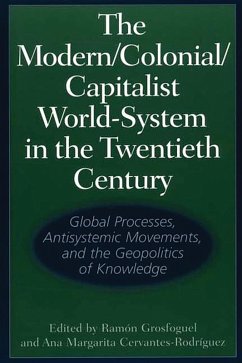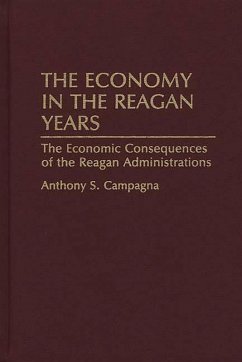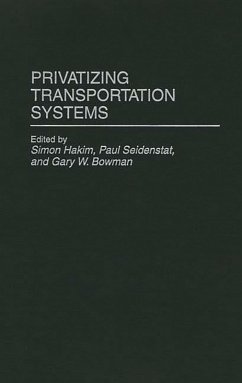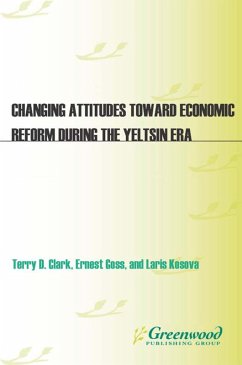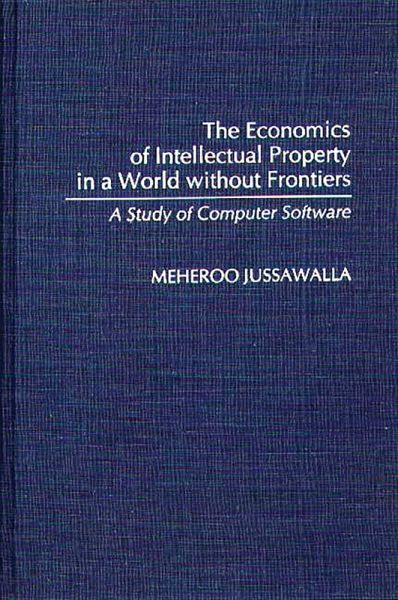
The Economics of Intellectual Property in a World without Frontiers (eBook, PDF)
A Study of Computer Software
Versandkostenfrei!
Sofort per Download lieferbar
59,95 €
inkl. MwSt.
Weitere Ausgaben:

PAYBACK Punkte
30 °P sammeln!
This work explores the problems arising from dynamic information technology in its application to intellectual property rights. In a global marketplace of ideas, political boundaries and the sovereignty of the nation state seem to be disappearing because of the increasing difficulty of scrutinizing the infringement of intellectual property. That is particularly true of computer software, the focus of this book. The work analyzes the legal and political economy implications of investment in the software programming industry and the near-futility of monitoring protection of intellectual property...
This work explores the problems arising from dynamic information technology in its application to intellectual property rights. In a global marketplace of ideas, political boundaries and the sovereignty of the nation state seem to be disappearing because of the increasing difficulty of scrutinizing the infringement of intellectual property. That is particularly true of computer software, the focus of this book. The work analyzes the legal and political economy implications of investment in the software programming industry and the near-futility of monitoring protection of intellectual property in industry. The book begins by exploring the current state of copyright laws for computer software. It analyzes the economic theories of demand elasticities, public choice, clubs, and the concept of public goods as those theories apply to intellectual property, particularly computer software. This analysis is followed by a discussion of prevailing legislation in the United States, Europe, Japan, Asia, and China. The analysis is fortified by a comprehensive coverage of the Uruguay Round. The work concludes in favor of the free flow of information, which yields overwhelming benefits to a globally integrated market.




